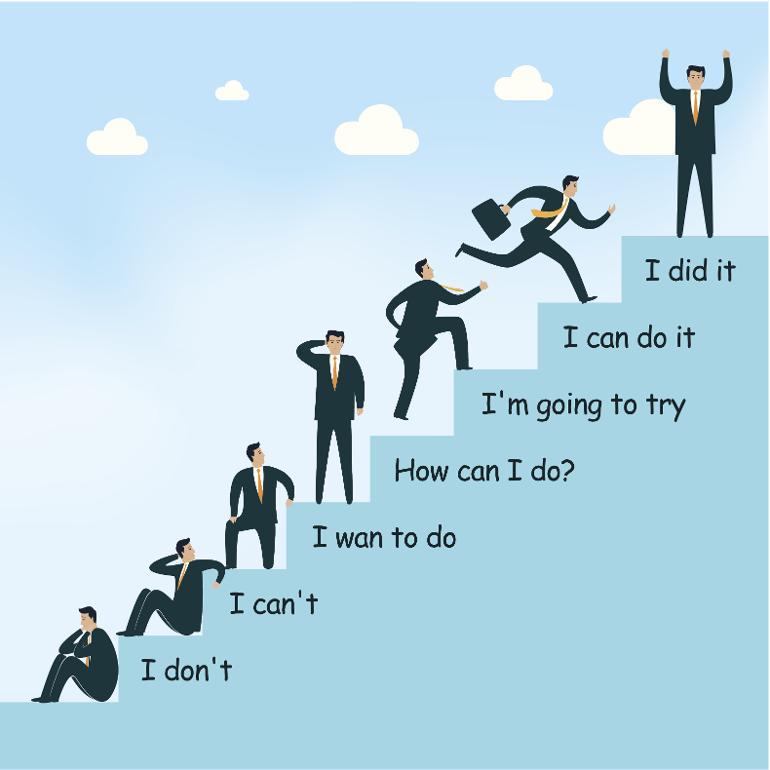A slip is when a smoker who has quit smokes one or two cigarettes. A relapse is when a smoker who has quit returns to regular smoking. It is hard to quit smoking. The temptation can be very strong. Here you will find strategies to help you avoid slips as well as a relapse. You will also find tips for deciding how soon you will want to try again. This information also applies if you use smokeless tobacco products, such as chew or snuff.
• Most slips and relapses happen during the first week after a person quits smoking.
• Avoiding a slip-up is best. But if you do slip, it's important to respond to it carefully so you don't relapse.
• If you do relapse, think about what you can learn from it and what you should do the next time you quit.
• If you slip or relapse, think about adding a new treatment, such as using medicines or some kind of nicotine replacement. You might also find it helpful to take part in a quit-smoking program or to talk to a counsellor trained to help people quit smoking.
• People who relapse after 6 weeks of not smoking usually don't do it because of nicotine withdrawal. Instead, they relapse because they find themselves in situations that make them want a cigarette. Learn to recognize when you might slip or relapse, and plan ahead to cope with those situations.
Certain situations may tempt you to smoke. These are called triggers. Learn to recognize when you might slip, and plan ahead to cope with those situations. Think about when you slipped in the past. You may be more tempted to smoke when you:
• Are around others who are smoking.
• Drink alcohol.
• Feel angry or frustrated.
• Are under a lot of stress.
• Have gained weight.
• Are at a party.
• Have easy access to cigarettes.
Are there other situations that make you want to light up a cigarette?
Resisting triggers and avoiding relapse
Here are some things that may help:
• Write down all of your triggers, and have a plan for your two or three main triggers. Either avoid the triggers for a while or find a way to cope with them.
• Stay focused on quitting smoking. Don't try to achieve other goals while you are in the process of quitting. For example, don't try to lose weight while you are trying to quit smoking.
• Reward yourself for milestones or small successes. This may mean celebrating an hour, a day, or a week without smoking.
• Get support often. Keep in close contact with those who support your efforts—family, friends, your doctor, or a support group. You can even pick up the phone and call a support hotline when you feel the urge.
• Think about the times when you usually smoked, and find other things to do instead. That may mean changing your routine, chewing a piece of gum, or doing some other activity that you enjoy. Be creative.
• Don't smoke—not even one drag. If you continue to slip, one puff can lead to another and another.
• Consider a treatment, such as medicine, support hotlines, or a support group, if you are having trouble managing your triggers.
Getting back on track
Avoiding a slip is best. But if you do slip, it's important to respond to it carefully so you don't start smoking regularly again. Here are some ideas that may help you get back on track:
• Try to figure out why you slipped, and make a plan for what to do the next time that happens.
• A slip is a brief return to an old behaviour. You are not a smoker just because you slip up a few times.
• Don't think of a slip as a sign of failure. Many people who have quit have a few slips at some point. Don't give up on your quit goal.
• Get support right away from a person or support group you trust.
• Make it hard to smoke. Avoid places where you can easily ask someone for a cigarette. Don't buy a pack.
• If you are tempted to smoke again, make yourself wait 2 hours. Then decide if you really need the cigarette.
• Look at your list of reasons for quitting, and remember why you wanted to quit in the first place. Then take control again.
• Think about past situations when you were strong and resisted temptation.
• Consider using other resources to help you quit, such as taking medicines or talking to a support-hotline counsellor on the phone.
If you are taking medicine or using nicotine replacement, keep doing so unless you go back to regular smoking. It can help you get back on track.
Log in to Quit Support daily for tips and information and lots of support.
